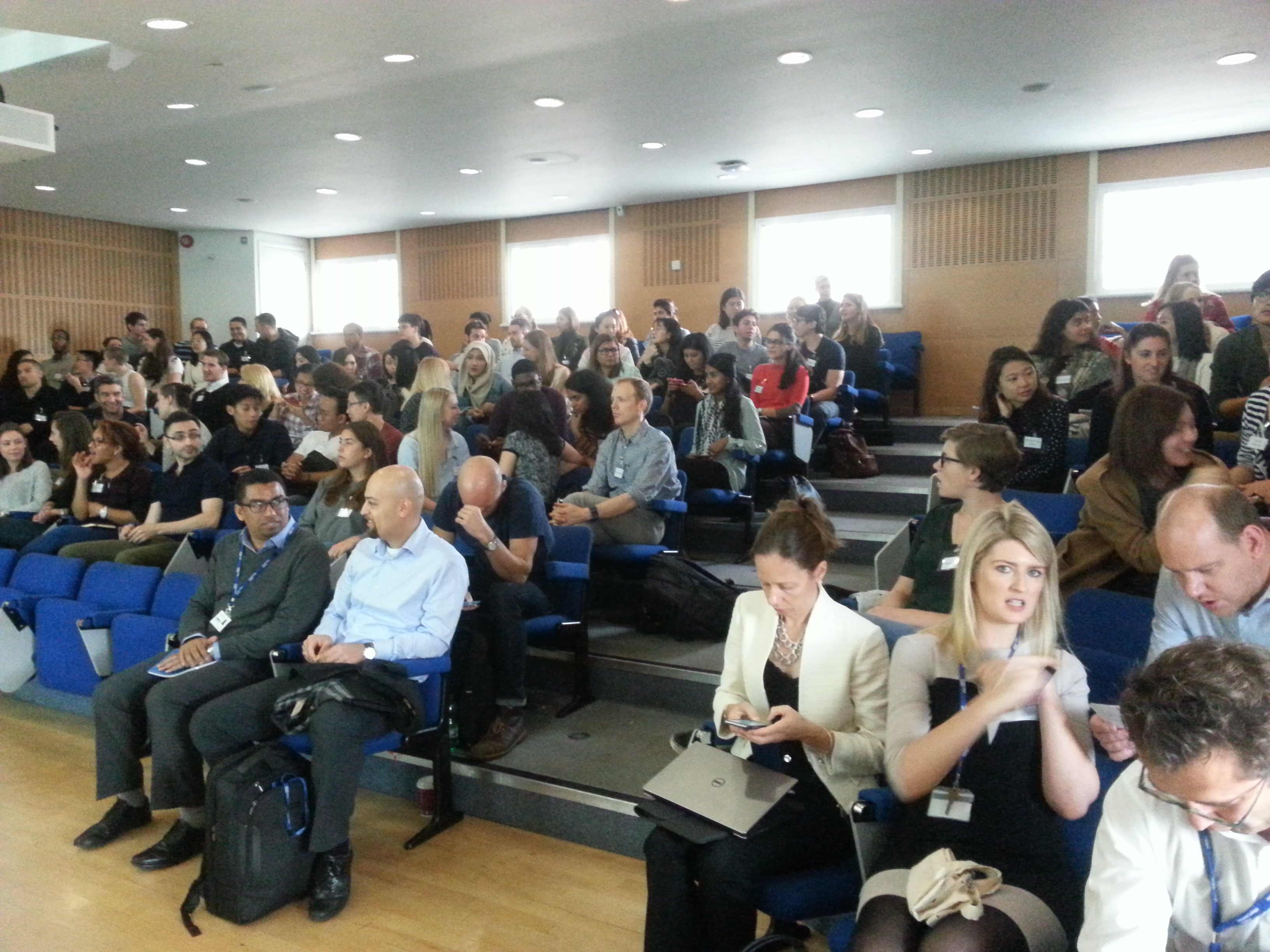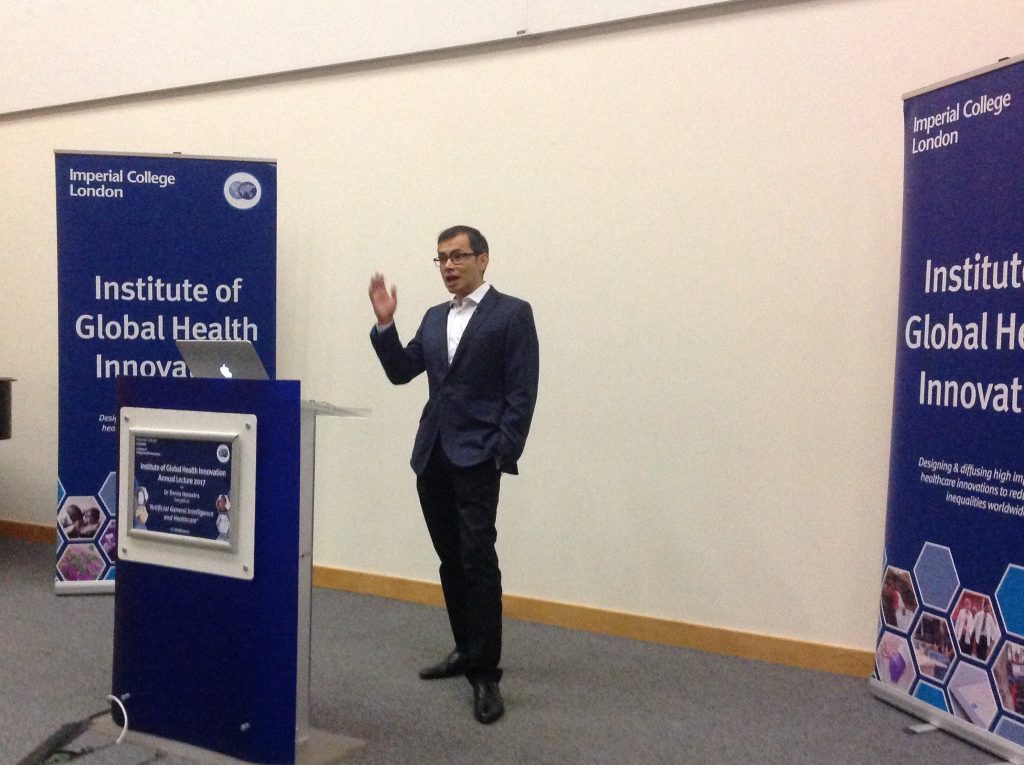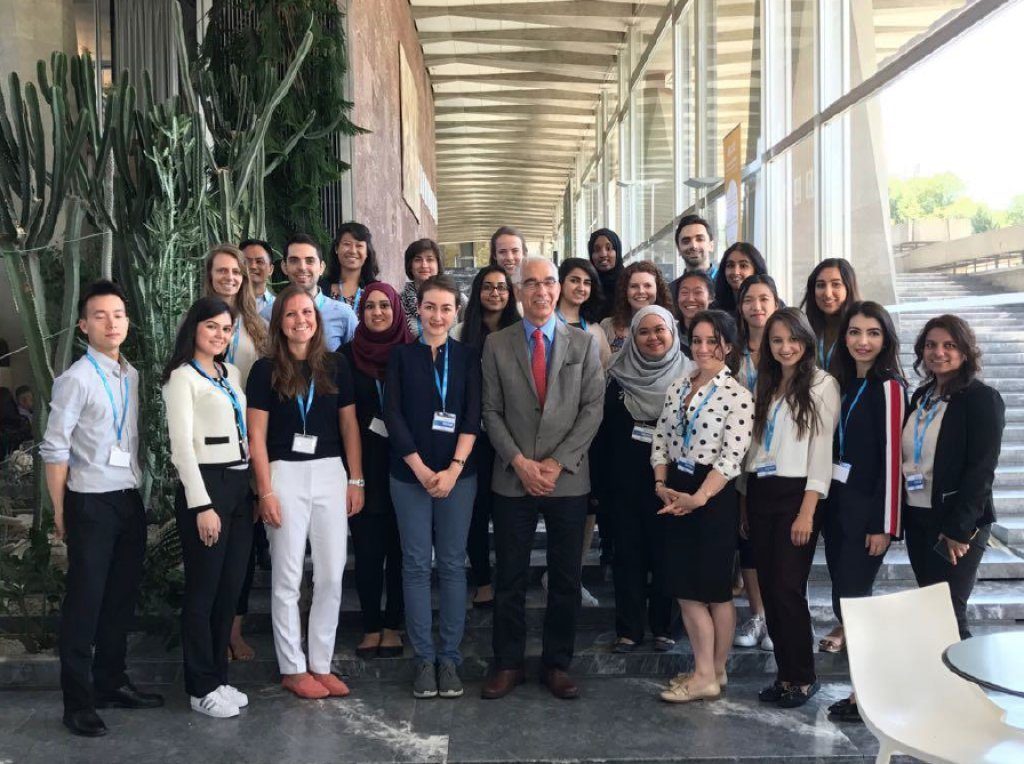Applying for the 2018-19 Imperial College MPH Programme
Thank you for your interest in the Imperial College MPH programme. The 2018-19 MPH course starts in October 2018. Applications for entry will open in November 2017. We cannot tell you at this stage whether you will be eligible for the MPH because the decision is made by the Admissions Team when they have an opportunity to view your degree results and IELTS score (if relevant). We generally require a First Class or Upper Second Class degree from a good university or an international equivalent, or a medical degree. A good personal statement about why you want to undertake the MPH course is essential. Previous public health experience is also helpful. You should take the opportunity to find out more about public health, for example, from the FPH Website.
We have several international student societies at Imperial to provide students with some peer support away from their home country. Do check out the visa rules before you apply if you intend to stay in the UK after the MPH as these opportunities are now more limited than in the past.
The Imperial College MPH is mainly a quantitative, research-oriented programme. Our MPH students receive rigorous training in epidemiology and statistics. Hence, the programme will suit applicants who are mainly interested in developing their quantitative analytical and research skills. The course offers good grounding in research methods for those considering a PhD in public health or role in health services research related field. The MPH also presents a good opportunity for public health management training as it is provided in collaboration with the Imperial College Business School.
If you decide to apply, then it would be an advantage if you can describe any relevant research experience and/or training in epidemiology, maths, and statistics. We also need to see your CV in addition to the personal statement.
The Imperial MPH is now the largest Masters course at Imperial College and one of the largest MPH courses in the UK, offering an intensive immersion into public health policy and practice. Students that complete the Masters programme continue into positions in international development organisations, government bodies, research and consulting.
We offer two streams for the MPH Programme: MPH (Health Systems Stream) which covers the core skills of public health with a focus on high-income countries; and MPH (Global Health), which covers the essential core public health skills as well as orienting students towards a global health career. In 2017-18, we are also offering optional modules in Health Systems Development, Health Systems Policy and Financing, Contemporary Topics in International Health Policy, Anthropology in Public Health, Research Methods (covering Qualitative Research), Exposure Assessment and eHealth.
You can apply for the course online at https://apply.embark.com/grad/imperial/
The full-time programme is very intensive. Students must attend classes Monday to Friday and they are required to study full-time for 12 months. Students submit a 10,000 word research dissertation in late August and then undergo an oral examination on their project. Much of the teaching in the first term is shared with the MSc in Epidemiology Course, which is also run by the School of Public Health. The third term and summer months are largely dedicated to work on the research project.
You can find further information on the Imperial College MPH Website.
The MPH blog can be viewed at http://www.imperialmph.blogspot.com
Please see the College’s webpage for information on International Students, if applicable.
The fee for the MPH in 2018-19 for UK students and students from the European Union is around £10,000. The fee for students residing elsewhere in the world is around £30,600. You can email tuition.fees@imperial.ac.uk for further information on postgraduate fees.
We do offer some scholarships annually to help cover the course costs. Please let us know if you would like to be considered for one of these scholarships when you make your application. You can also find further information regarding funding opportunities at https://www.imperial.ac.uk/study/pg/fees-and-funding/scholarships/
Please see the link at the following website for frequently asked questions about admissions: http://www.imperial.ac.uk/study/. You may contact the Course Organiser, Dr Henock Taddese in case of any further queries: h.taddese@imperial.ac.uk
Because of the length of time it takes to process visa applications, it can be difficult for overseas students to obtain the necessary documents to start in October if they do not receive their offer by 31 July 2018.
Best wishes for your future and thank you for your interest in Imperial College and in our MPH Programme.
The Imperial College MPH Team
Dr Henock Taddese, Dr Matt Harris, Dr Filippos Filippidis, Professor Azeem Majeed

 On 28 September 2017, I attended the Annual Institute of Global Health Innovation Lecture: Artificial General Intelligence and Healthcare, delivered by Dr Demis Hassabis, co-founder and CEO of Google DeepMind. Artificial intelligence is the science of making machines smart argued Dr Hassabis, so how can we make it improve the healthcare sector? Dr Hassabis then went on to describe the work that DeepMind was carrying out in healthcare in areas such as organising information, deep learning to support the reporting of medical images (such as scans and pathology slides), and biomedical science. Dr Hassabis also discussed the challenges of applying techniques such as reinforcement learning in healthcare. He concluded that artificial intelligence has great scope for improving healthcare; for example, by prioritising the tasks that clinicians had to carry out and by providing decision support aids for both patients and doctors.
On 28 September 2017, I attended the Annual Institute of Global Health Innovation Lecture: Artificial General Intelligence and Healthcare, delivered by Dr Demis Hassabis, co-founder and CEO of Google DeepMind. Artificial intelligence is the science of making machines smart argued Dr Hassabis, so how can we make it improve the healthcare sector? Dr Hassabis then went on to describe the work that DeepMind was carrying out in healthcare in areas such as organising information, deep learning to support the reporting of medical images (such as scans and pathology slides), and biomedical science. Dr Hassabis also discussed the challenges of applying techniques such as reinforcement learning in healthcare. He concluded that artificial intelligence has great scope for improving healthcare; for example, by prioritising the tasks that clinicians had to carry out and by providing decision support aids for both patients and doctors.